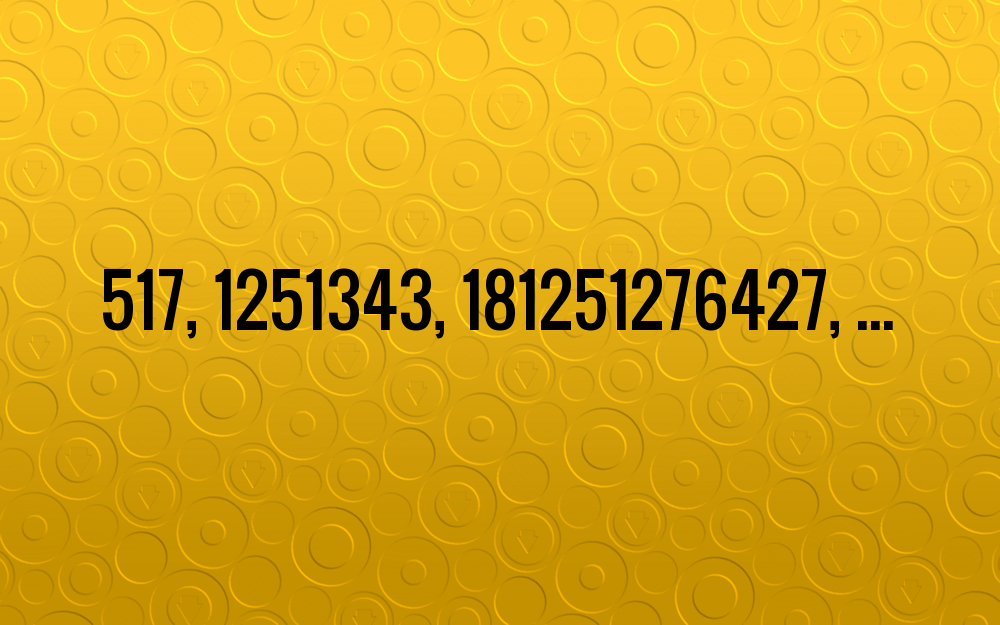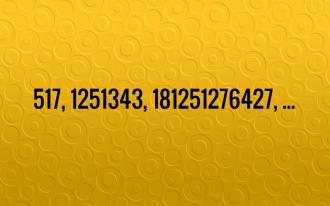Find the next number in the ...
Find the next number in the sequence 517, 1251343, 181251276427, ...Correct answers: 37
The first user who solved this task is H Tav.
#brainteasers #math

A man and his wife were sittin...
A man and his wife were sitting in the living room and he said to her, "Just so you know, I never want to live in a vegetative state, dependent on some machine and fluids from a bottle. If that ever happens, just pull the plug."
His wife got up, unplugged the TV and threw out all of his beer.
His wife got up, unplugged the TV and threw out all of his beer.

